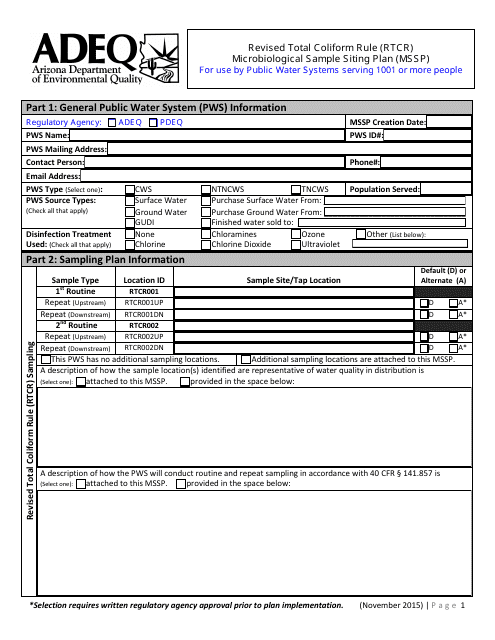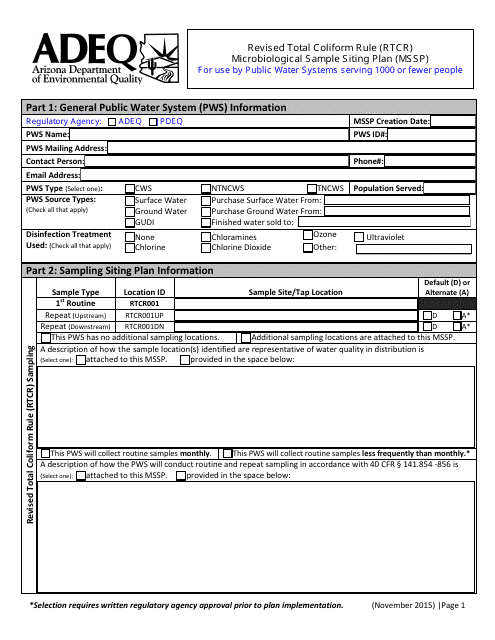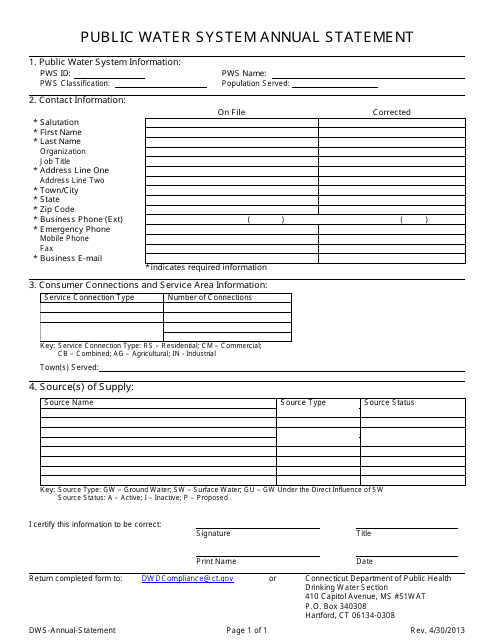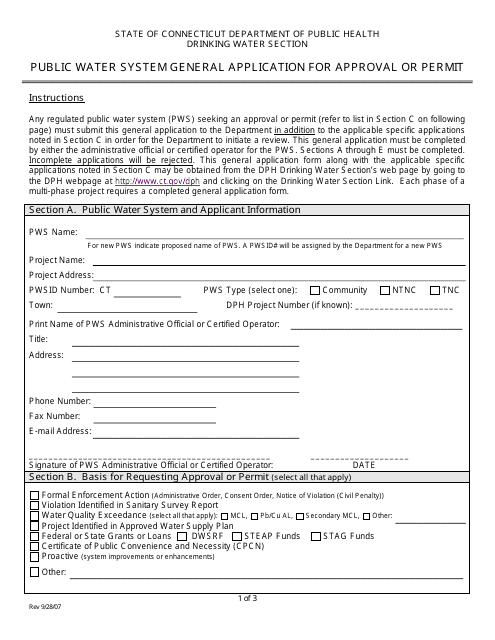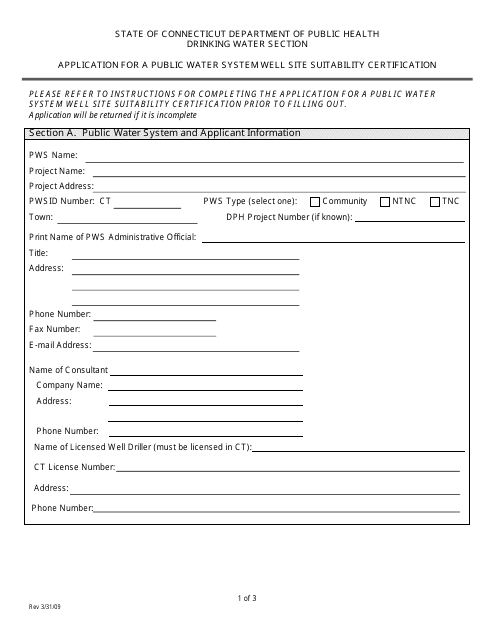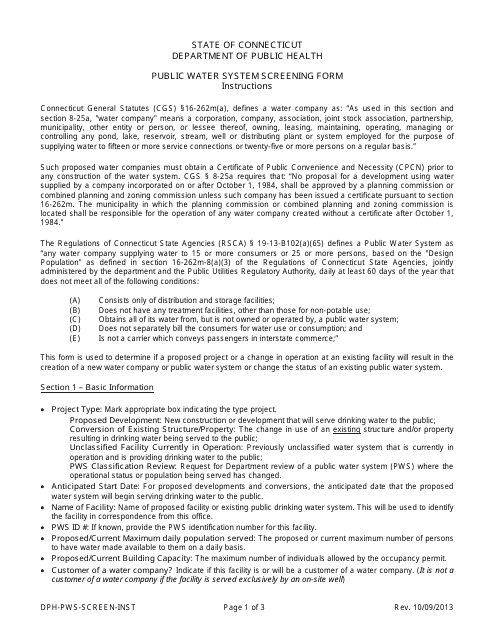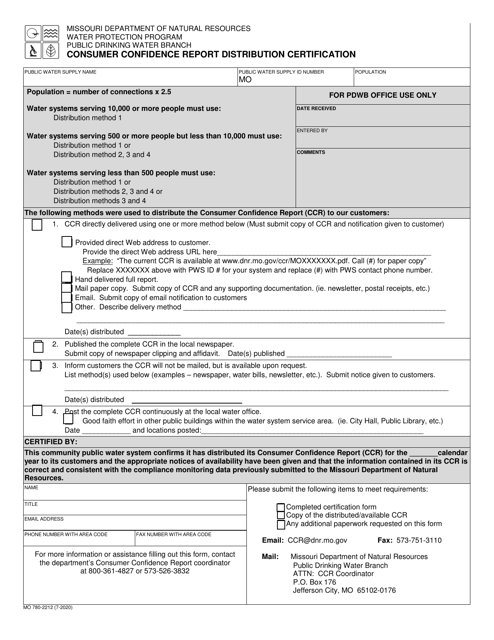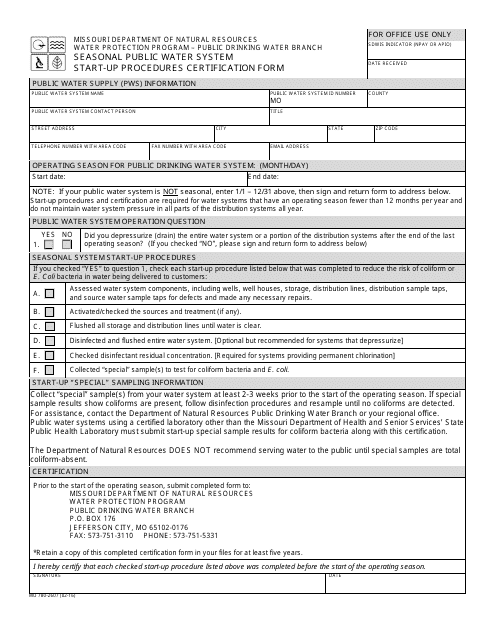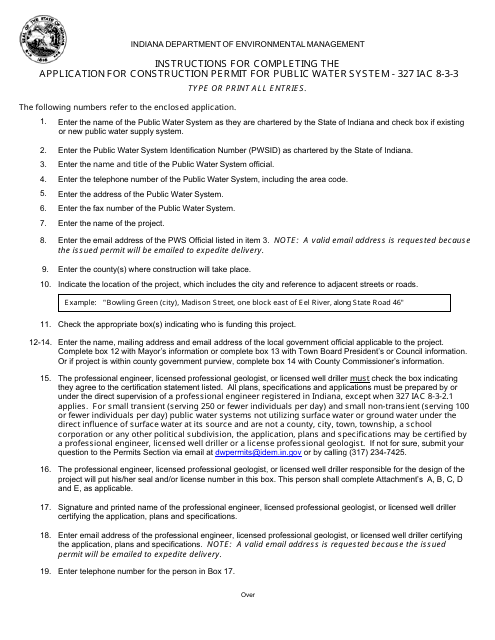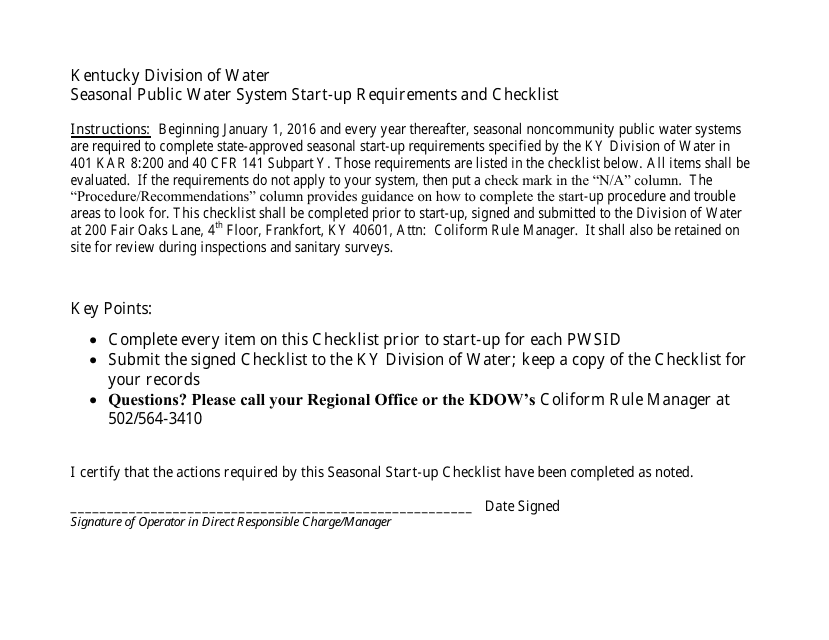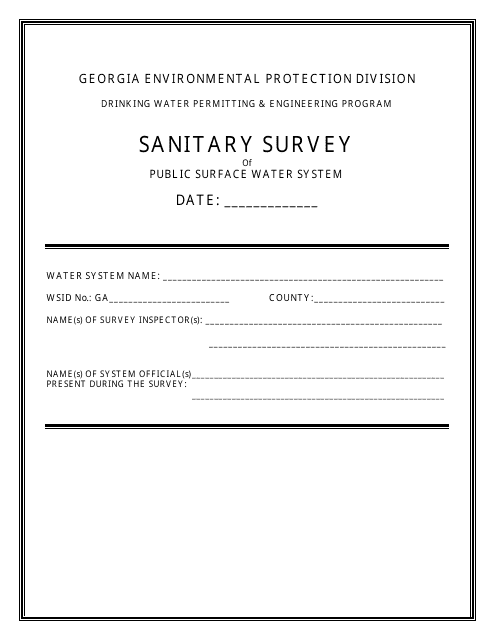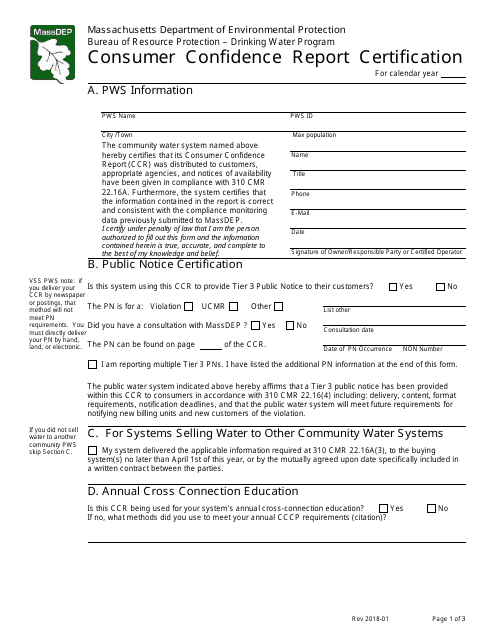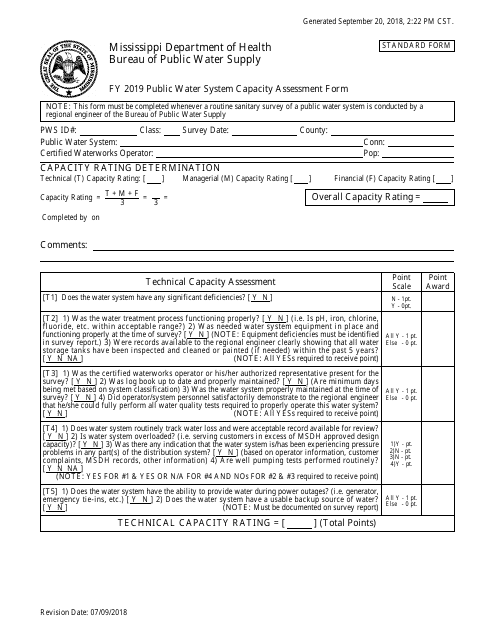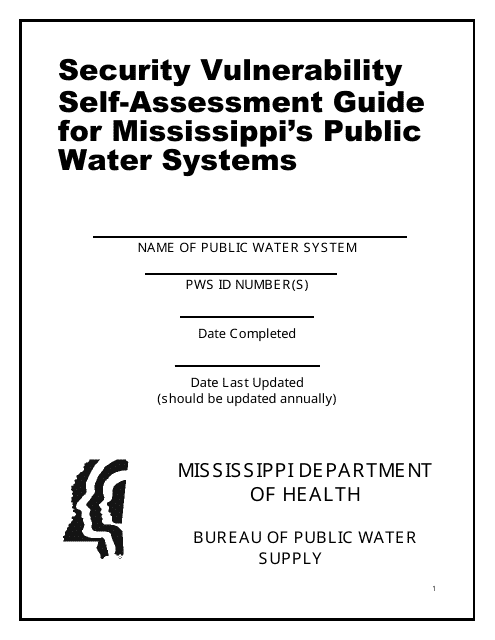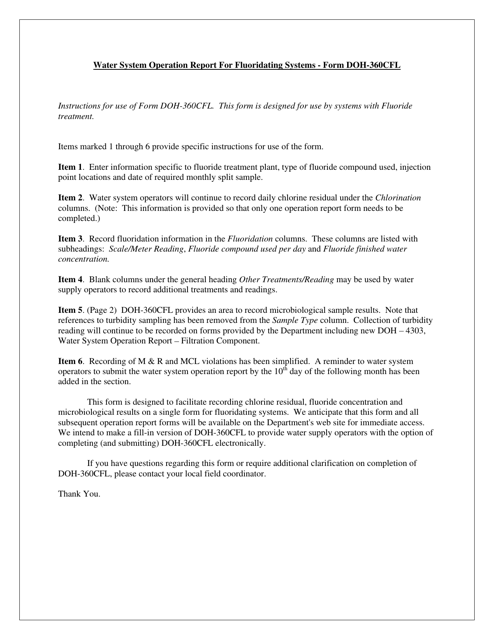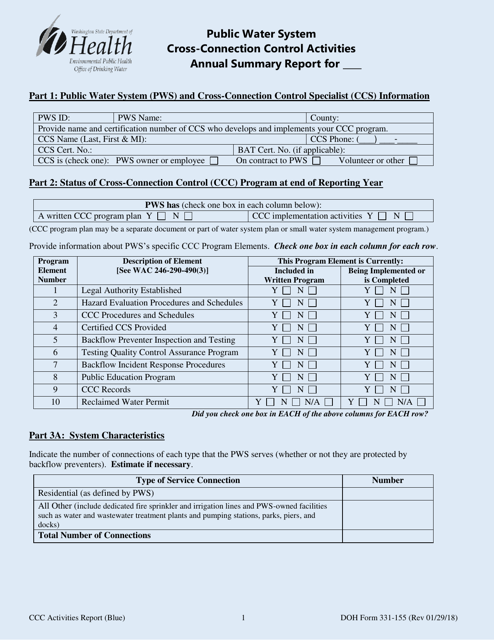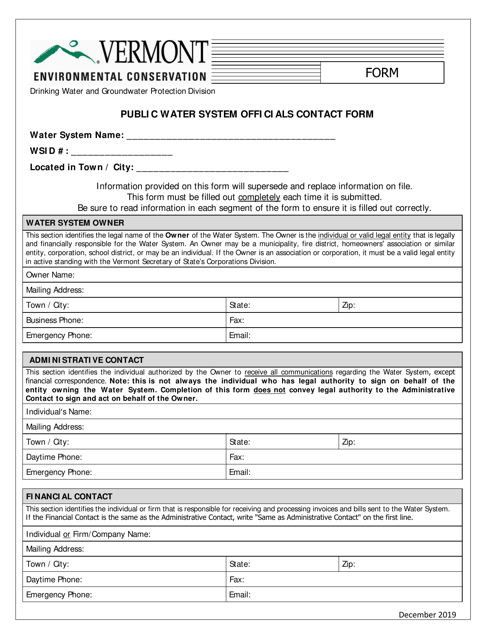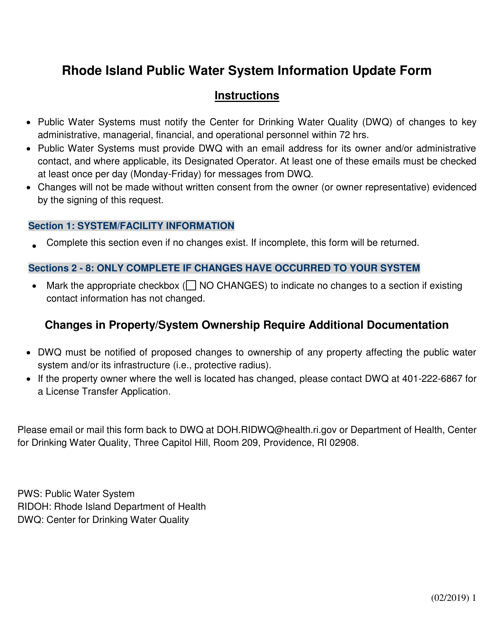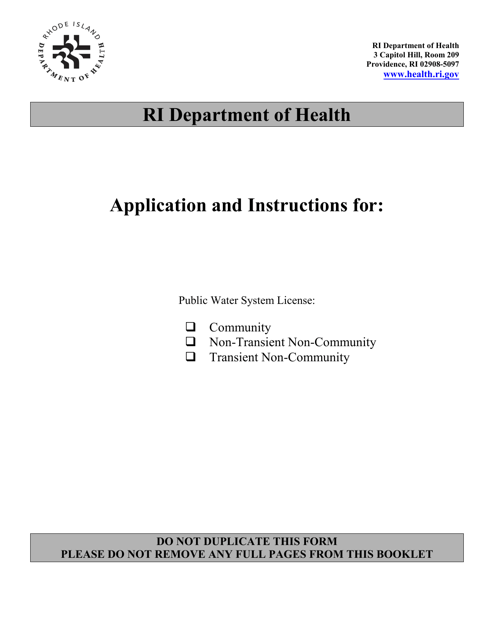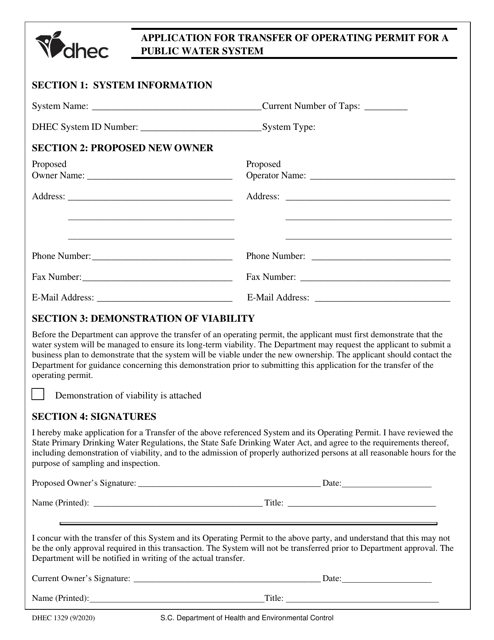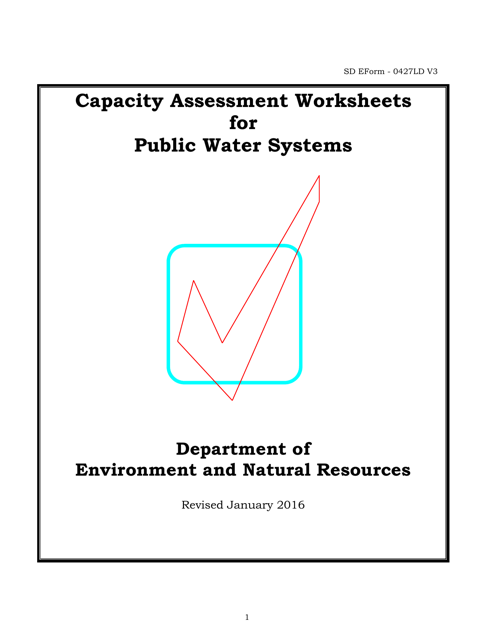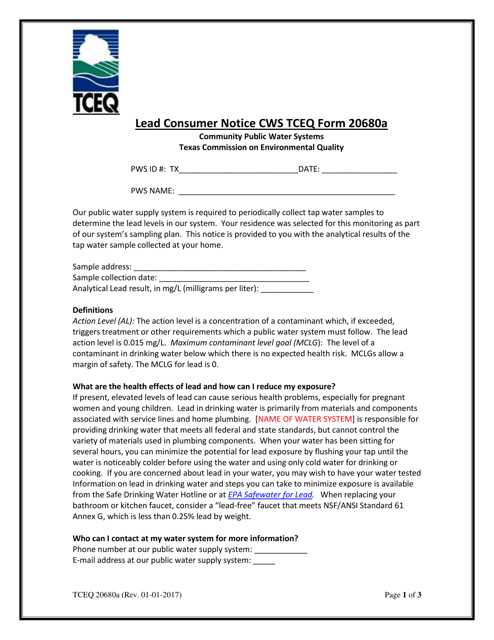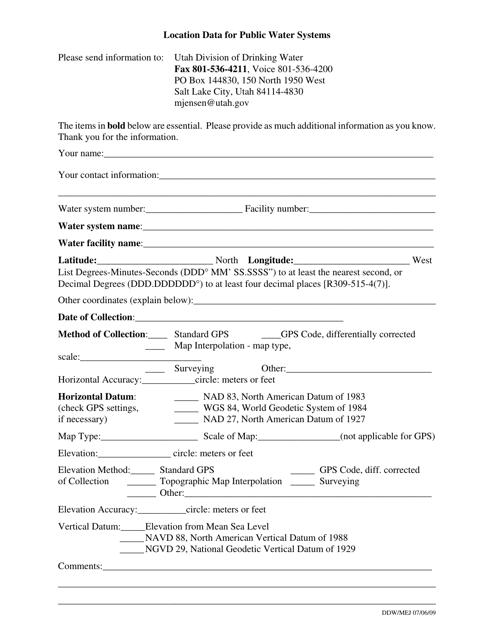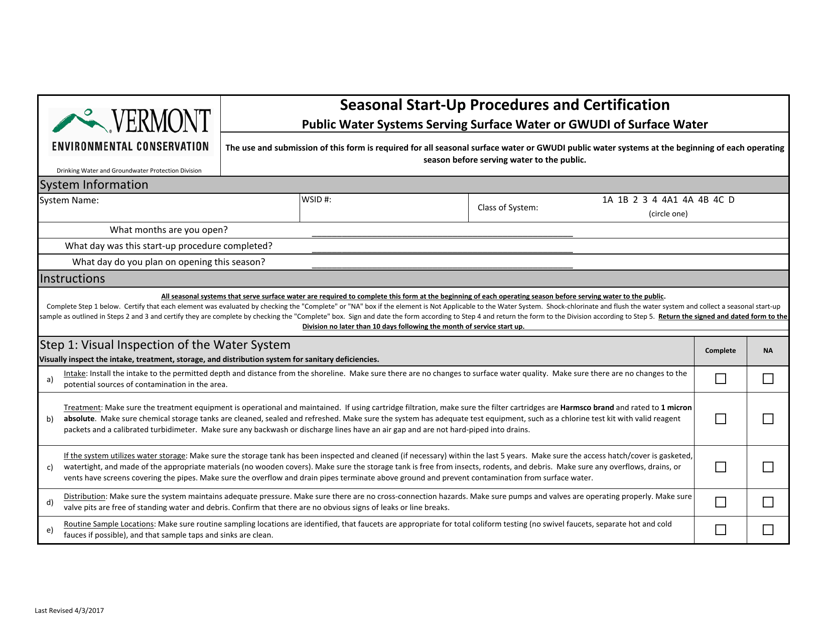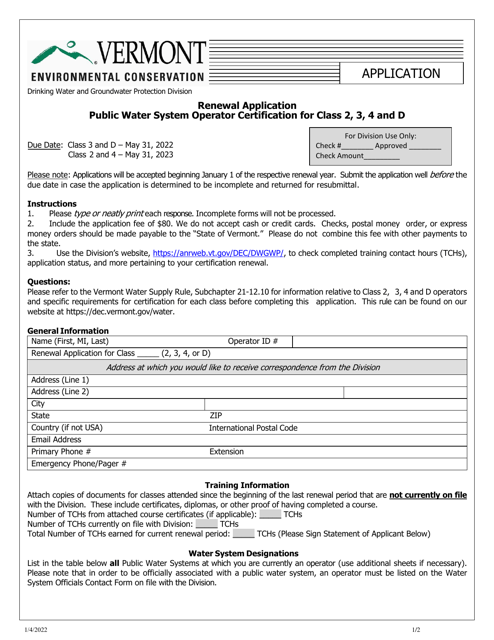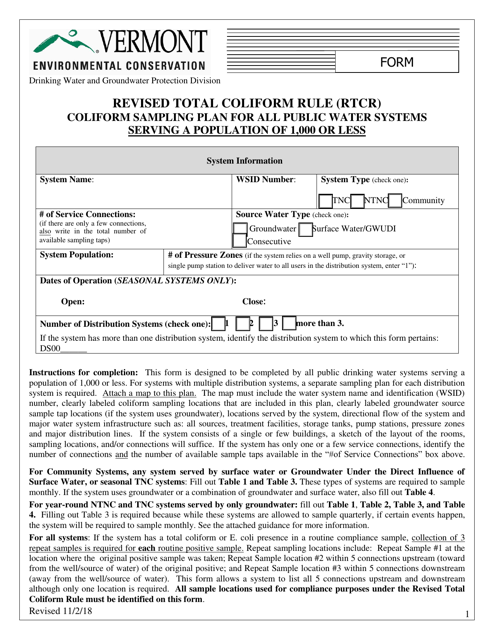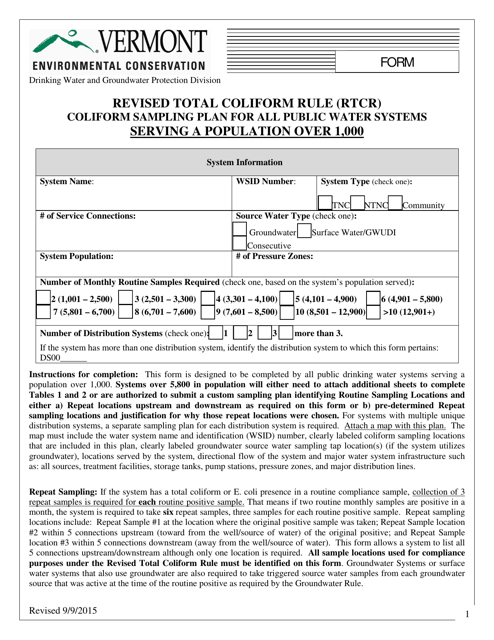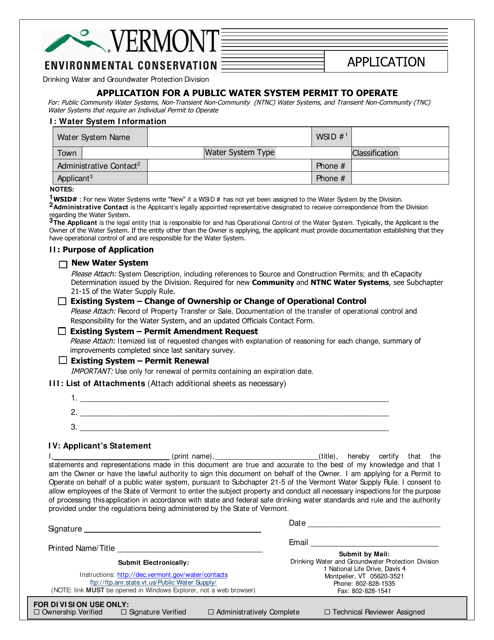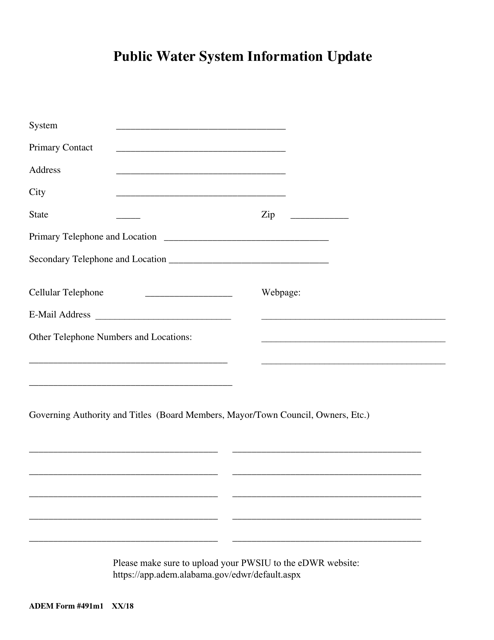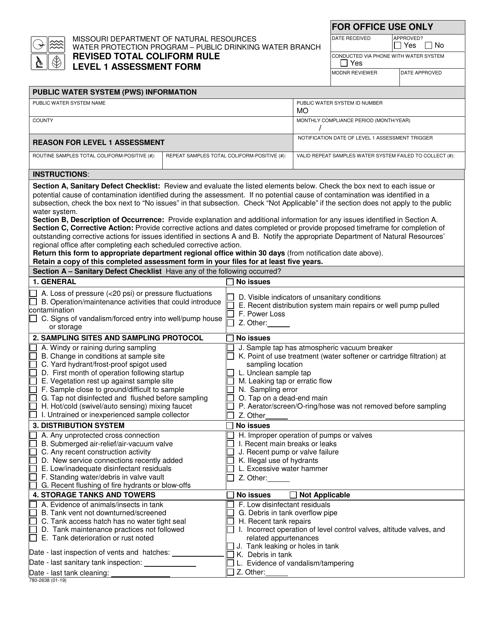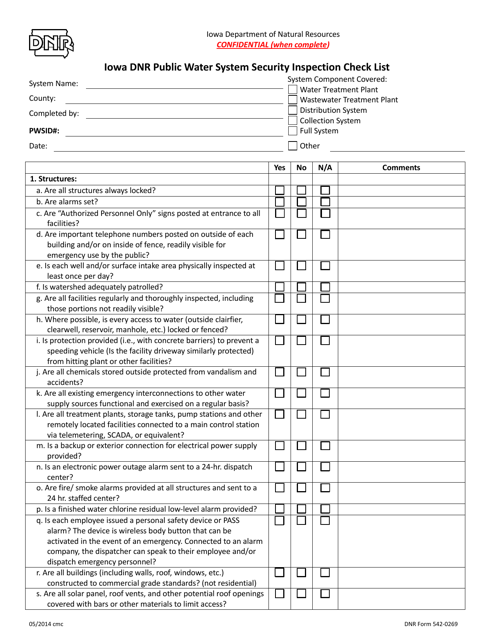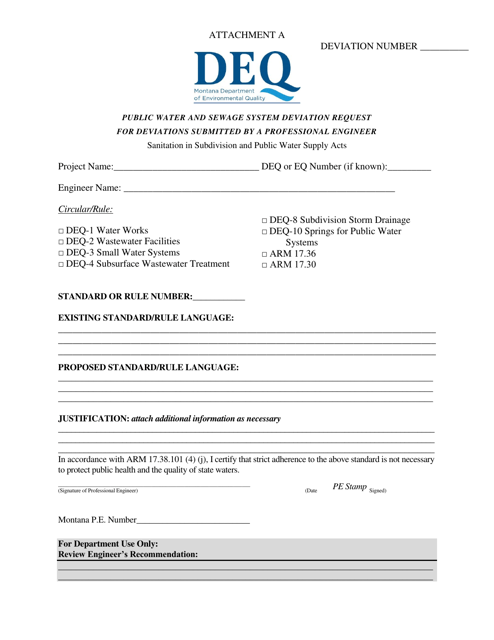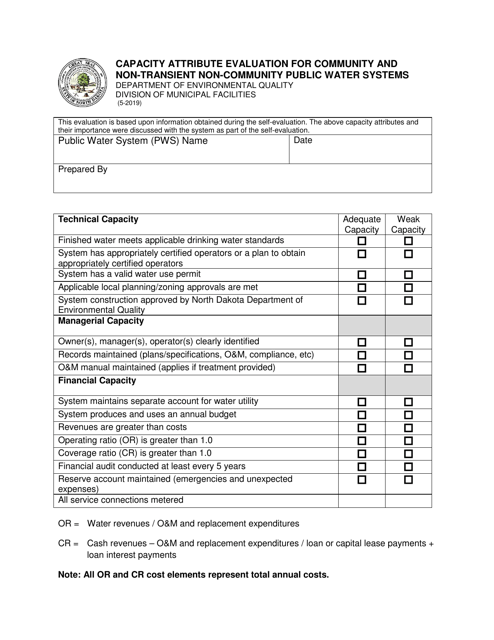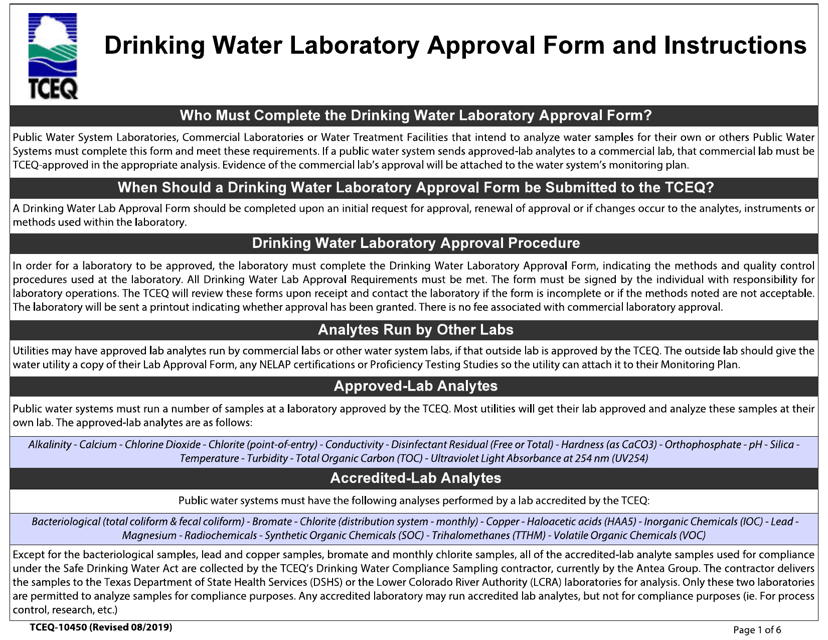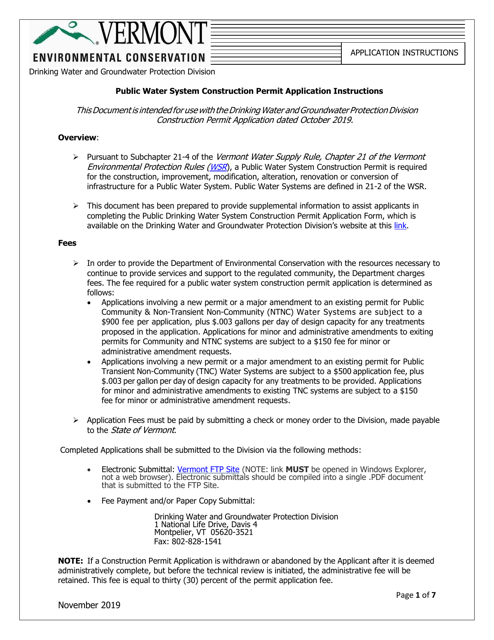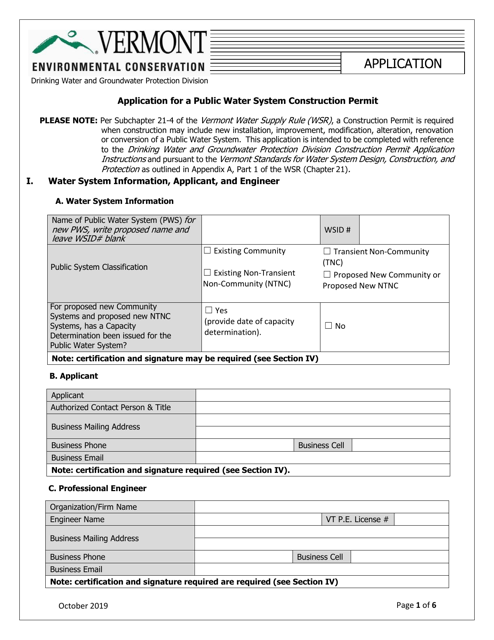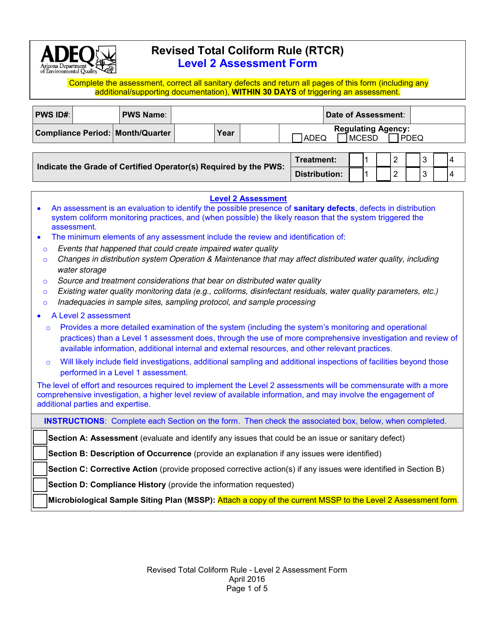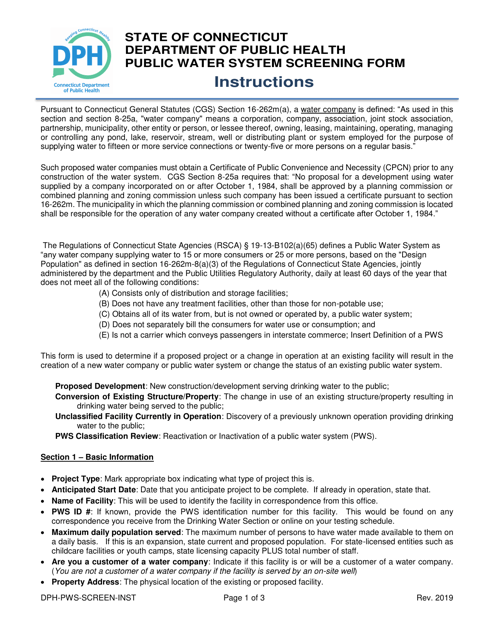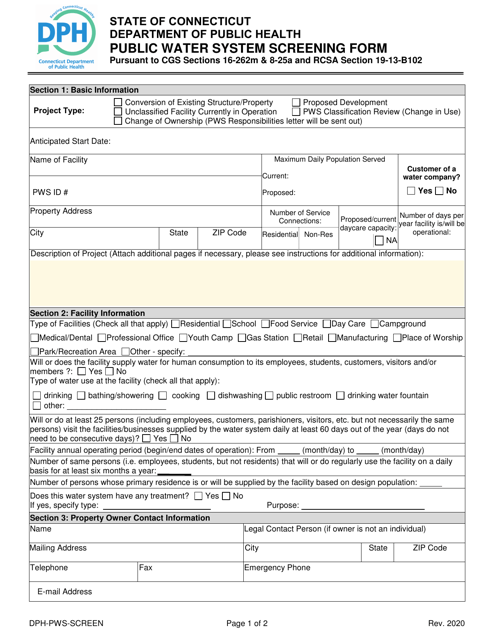Public Water System Templates
Welcome to our webpage dedicated to public water systems. As a trusted source of information, we aim to provide you with a comprehensive understanding of public water systems and their importance in ensuring safe and reliable drinking water for communities.
Our webpage covers a wide range of topics related to public water systems, including regulations, certifications, and monitoring processes. We understand that each state and region may have their own unique requirements, which is why we have gathered valuable resources from various jurisdictions to give you a holistic view of public water systems.
Within our collection, you will find documents such as sanitary surveys, which evaluate the overall condition and operation of public water systems. These surveys are conducted to identify any potential risks and to ensure compliance with health and safety standards. Additionally, we provide access to forms used for information updates, operator contracts, and certifications, which are essential for the smooth operation of public water systems.
Another crucial document in our collection is the Revised Total Coliform Rule (Rtcr) Coliform Sampling Plan. This plan outlines the guidelines for coliform sampling in public water systems serving populations over 1,000. By adhering to these guidelines, public water systems can effectively monitor water quality and identify any potential contamination issues.
We also provide insights into the Consumer Confidence Report (CCR), which is a requirement for public water systems serving less than 10,000 persons. The CCR provides consumers with vital information about their drinking water source, treatment process, and any detected contaminants. This transparency ensures that individuals can make informed decisions regarding their water consumption.
Whether you are a water system operator, a consumer, or a policymaker, our webpage serves as a valuable resource for understanding and navigating the world of public water systems. Our collection of documents will help you stay informed about the regulations, procedures, and best practices that govern public water systems, ultimately contributing to the safety and well-being of our communities.
Documents:
83
This document provides guidelines for the Microbiological Sample Siting Plan (MSSP) under the Revised Total Coliform Rule (RTCR) for public water systems serving 1001 or more people in Arizona.
This document describes the Microbiological Sample Siting Plan for public water systems serving 1000 or fewer people in Arizona, as part of the Revised Total Coliform Rule (RTCR). It outlines the locations and frequency of water sample collection to ensure the safety of drinking water.
This document is for the Public Water System Annual Statement in Connecticut. It provides information about the annual activities and status of the public water system in the state.
This document is for applying for approval or permit for a public water system in Connecticut.
This form is used for applying for a certification of suitability for a well site to be used in a public water system in Connecticut.
This Form is used for screening public water systems in Connecticut. It provides instructions on how to complete the DPH-PWS-SCREEN form.
This form is used for certifying the start-up procedures of seasonal public water systems in Missouri. It ensures that the systems are meeting the necessary requirements for safe operation during the seasonal period.
This document is used to apply for a construction permit for a public water system in the state of Indiana, as required by the Indiana Administrative Code 327 IAC 8-3-3.
This document provides a checklist and requirements for starting up a seasonal public water system in Kentucky. It includes important steps and guidelines to ensure the safe and proper operation of the system.
This document is used for conducting a sanitary survey of a public water system in Georgia, United States. It helps ensure the safety and quality of the water supply.
This form is used for certifying the Consumer Confidence Report in the state of Massachusetts.
This Form is used for assessing the capacity of community water systems in Mississippi. It helps determine the readiness of the public water system to meet the water needs of the community.
This guide helps Mississippi's public water systems to assess and address security vulnerabilities in order to enhance the safety and protection of their water supply.
This form is used for submitting a Water System Operation Report by public water systems in New York that treat water with chlorine and/or fluoride. It provides instructions for completing the form and reporting the necessary information.
This form is used for reporting the annual summary of cross-connection control activities for public water systems in Washington state.
This Form is used for updating information related to the public water system in Rhode Island.
This document is used for applying to establish a public water system in Rhode Island.
This form is used for conducting capacity assessments for public water systems in South Dakota. It helps to evaluate the system's ability to provide safe and reliable drinking water.
This form is used for certification of lead consumer notice for community public water systems in Texas.
This document provides location data for public water systems in Utah. It includes information such as the geographical coordinates and addresses of these systems, allowing residents to easily locate and access clean drinking water.
This document provides guidance and certification requirements for public water systems in Vermont that serve surface water or use groundwater under the direct influence of surface water. It outlines the seasonal start-up procedures and steps that need to be followed for ensuring the safety and quality of drinking water.
This document outlines the Coliform Sampling Plan required for all small public water systems in Vermont serving a population of 1,000 or less, in accordance with the Revised Total Coliform Rule (RTCR). It provides guidelines for conducting coliform sampling and monitoring in order to ensure the safety and quality of the water supply.
This document provides a coliform sampling plan for public water systems in Vermont with a population over 1,000, in accordance with the Revised Total Coliform Rule (RTCR).
This document is for applying for a permit to operate a public water system in the state of Vermont. It is used to ensure that the water system meets safety and quality standards.
This Form is used for updating public water system information in Alabama.
This form is used for conducting a Level 1 assessment of the Revised Total Coliform Rule in the state of Missouri. It helps in evaluating the quality of drinking water and ensuring compliance with regulations.
This document is a checklist used by the Iowa Department of Natural Resources (DNR) for conducting security inspections of public water systems in Iowa. It ensures that these systems meet the necessary security measures to protect the public's water supply.
This document is a public water and sewage system deviation request for deviations submitted by a professional engineer in Montana.
This document evaluates the capacity attributes of public water systems in North Dakota, including both community and non-transient non-community systems.
This Form is used for obtaining approval for drinking water laboratory services in Texas.
This document provides instructions for applying for a construction permit for a public water system in Vermont. The instructions include the necessary steps and forms to complete the application process.
This document is an application for obtaining a permit to construct a public water system in the state of Vermont. It is required for individuals or organizations planning to build a public water system.
This document is used for conducting Level 2 assessments in Arizona to comply with the Revised Total Coliform Rule (RTCR) for monitoring drinking water quality.
This form is used for screening public water systems in Connecticut.

